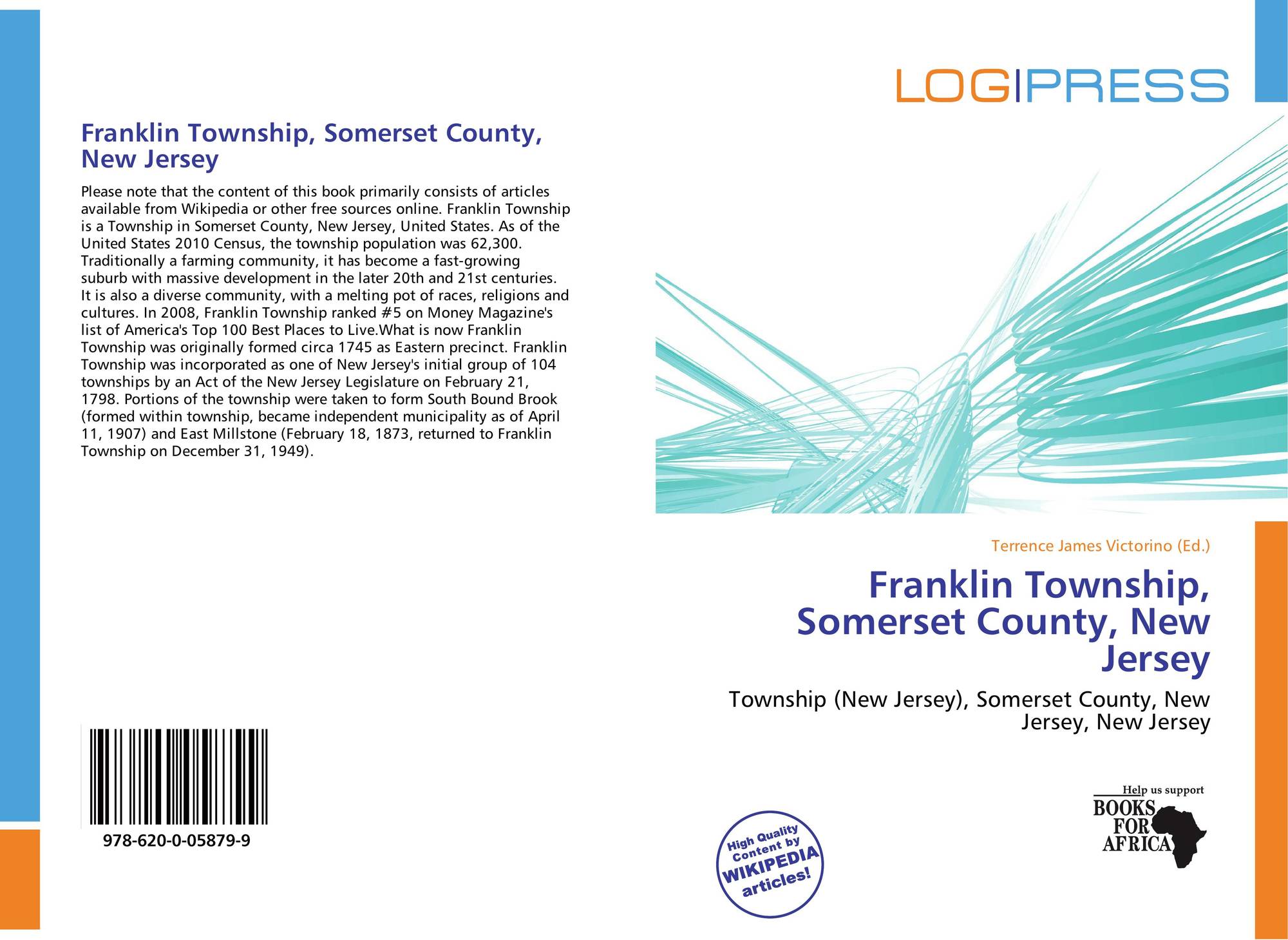

Community solar projects must be approved by the New Jersey Board of Public Utilities.Įnrolling in this program does not change your utility provider. Subscribers pay for the solar energy at a discounted cost (refer to the projects and their discount levels). As a subscriber, you will receive a dollar credit on your utility bill for the portion of power generated by the array on your behalf. Community solar subscribers sign up to power their home from electricity delivered through the utility and generated by a solar installation that is located near, but not on, the subscriber’s own property. The program’s goals are to reduce the traditional barriers to renewable energy access and lower energy costs for any New Jersey resident including renters and homeowners.Ī Community Solar project is a solar array whose energy generation is divided among multiple participating subscribers. There is no cost to the customer, and there is an option to “opt-out” if an individual does not wish to participate.įor more information about Energy Aggregation, please visit the following sites for information:Īrticle from Franklin’s TAPinto by Edir Coronado: Ĭommunity Solar is a New Jersey Clean Energy Program overseen by the New Jersey Board of Public Utilities.

If approved, Franklin will formally pass an ordinance to establish the program and begin seeking bids from third-party suppliers to find the best prices for energy available.

These savings are passed down to residents and commercial businesses, saving approximately 12% on monthly energy bills.Ī question is on the Novemballot to seek permission to create a Government Energy Aggregation Program. Through an Energy Aggregation Program, municipalities create larger buying groups and can obtain a cheaper rate for customers. Customers currently receive energy at a fixed rate from their default energy supplies (i.e., PSE&G). Committees & Commissions Meeting CalendarĪccording to the New Jersey Board of Public Utilities, Energy Aggregation “allows municipalities, working along or together in a group, to aggregate the energy requirements of residential, commercial, and municipal accounts so that the energy can be purchased from third-party suppliers at prices lower than average utility prices, with the possibility of added benefits such as higher renewable energy content”.


 0 kommentar(er)
0 kommentar(er)
